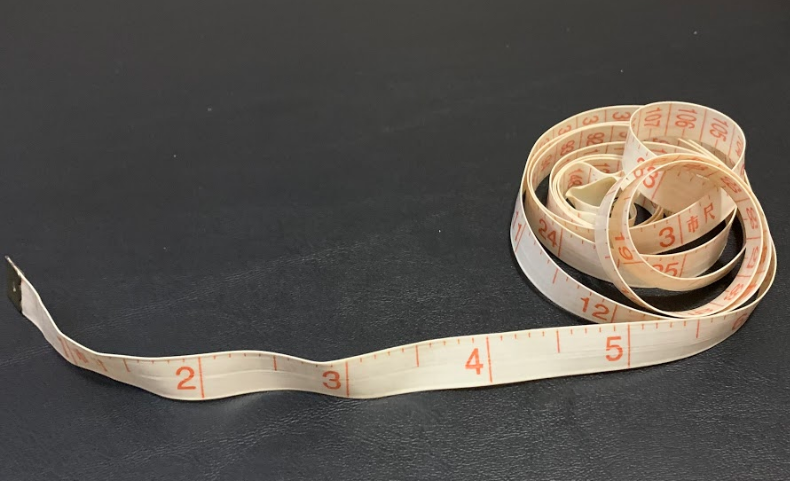Body Conformity: Its Relevance and Impact on Women
The United States of America is a melting pot where acceptance is valued–in fact, it is a core belief–yet only certain types of appearances and outlooks are accepted. Talk about a paradox!
You see, society upholds standards, creating barriers for individual identity. We feel constant pressure with the need to look, act, or be a certain version of ourselves to be considered normal. As a result, we may feel a sense of belonging, but our consciousness is aware of this conformity or “hiding.” You may ask, “So, what’s the big deal?” Well, when we give into society, we end up fabricating our identity, the very traits that make us unique, which is fundamentally American. Essentially, we suffer the loss of a part of us, as a consequence of fitting in, to be seen as normal and accepted.
The issue of body image is most dominant during one’s teenage years. According to Break Binge Eating, around 50% of young 13-year-old American girls reported being unhappy with their bodies. This number grew to nearly 80% by the time girls reached 17 years of age. With the influence of social media like Tik Tok and Instagram, high school students constantly compare themselves to “models,” which creates internal pressure to look a certain way in order to appeal to others.
Women’s beauty standards have contradictory limits. One “needs” to be skinny and curvy, tall yet petite, wear makeup but look natural, live a strong healthy lifestyle (drink smoothies before a workout, eat salad, abs, etc) while also maintaining a weak personality, looking a certain way to achieve perfection. However, perfection is something that is unattainable as flaws exist in every single person. Whether one admits it or not, they have areas that they want to improve.
Humans, by nature, are greedy and envy others; they will try to seize all of their satisfactions and discard insecurities despite the costs of money and happiness. According to the American Society of Plastic Surgeons annual statistics, there were more than 17.7 million surgical and minimally-invasive cosmetic procedures performed in the United States in 2018, a number that has risen steadily over the past five years.
Research from the Mental Health Foundation has shown that one in eight, or 13% of adults experienced suicidal thoughts or feelings because of concerns about their body image. Additionally, many eating disorders, depression, and anxiety stem from the promotion of the idealized body.
So instead of constant self-criticism and feeling the need to please others, and yourself, learn to accept your imperfections. Sometimes, it is even best to ignore the opinions of others and focus on yourself. As easy as these words can be read, the journey of love, and accepting our flaws is extremely challenging.
Once we make a decision to wholeheartedly embrace our identities, we will be in a better place.

Sarah is the current Entertainment Editor for Prospect. This is her third year as a staff writer and second year as the Entertainment Editor for Prospect.






